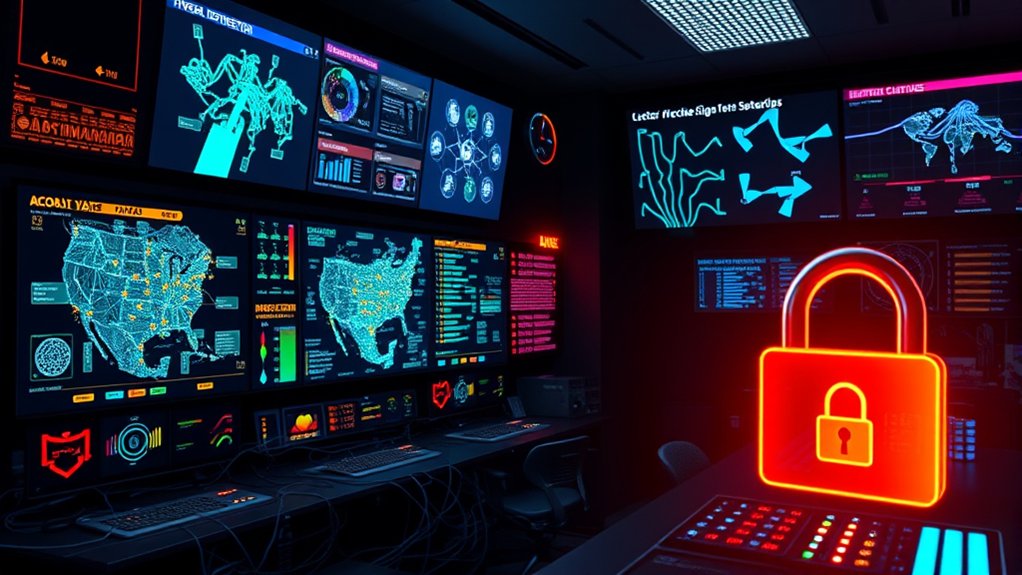As the sun rose on Friday morning, a severe cyberattack was detected within the city network of Saint Paul, prompting immediate cybersecurity protocols. The incident, described as coordinated and deliberate, targeted the critical information infrastructure of the city.
Initial alarms were triggered as city officials recognized the magnitude and complexity of the threat, which overwhelmed local response capabilities. As a result, an emergency declaration was made by St. Paul Mayor Melvin Carter as Minnesota Governor Tim Walz activated the National Guard to assist in response efforts. Minnesota National Guard activation represents an unprecedented response to a local cybersecurity incident.
In an unprecedented move, a full shutdown of city information systems was initiated on Monday to contain the attack, which was swiftly classified as a criminal incident under investigation by multiple agencies, including the FBI. This widespread shutdown resulted in significant disruptions, temporarily rendering online access to city services and internal systems unavailable.
In spite of these challenges, crucial functions such as 911 were maintained, demonstrating considerable resilience from the police department amidst operational difficulties. St. Paul Police Department operations remain intact and are running smoothly as a response measure.
To combat this sophisticated threat, the city coordinated with both state and federal agencies, activating its Emergency Operations Center to improve resource mobilization. Furthermore, two national cybersecurity firms were retained, tasked with conducting forensic analysis and system remediation.
Key city departments, particularly the Office of Technology and Communications, led the recovery efforts, collaborating closely with Minnesota Information Technology Services. Initial investigations revealed that unpatched software had created significant exposure to known exploits, increasing the city’s vulnerability to cyber attacks.
Public communication remains a priority, with regular updates disseminated through official channels to inform citizens about the situation. Mayor Carter highlighted the significance of digital infrastructure security as a critical component of public safety, as law enforcement provided assurances regarding ongoing public safety measures.
As investigations continue, the full extent of the data breach and implications for sensitive information remain undetermined, reflecting a troubling trend in the increased vulnerability of municipal systems across the United States.
The incident highlights the urgent need for strong cybersecurity measures to protect critical city operations.









